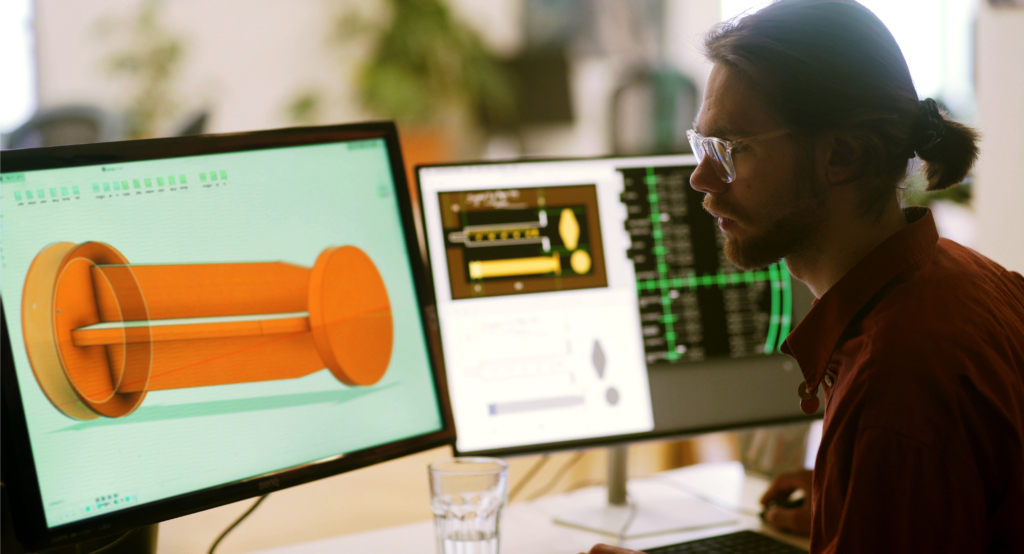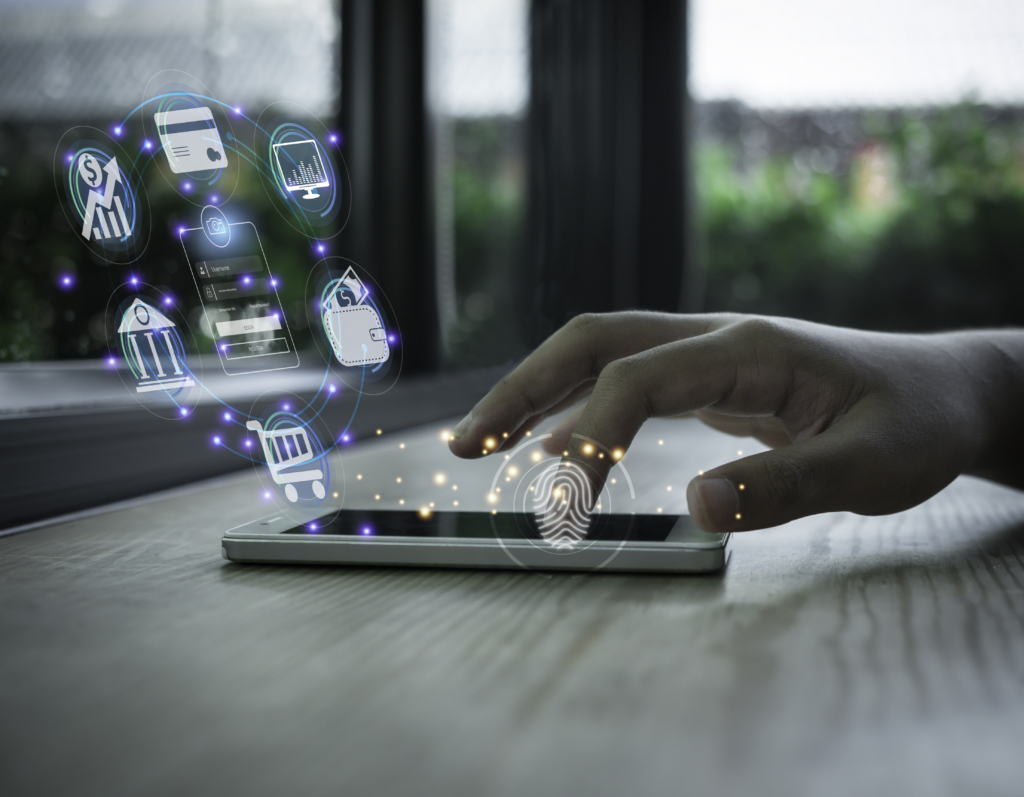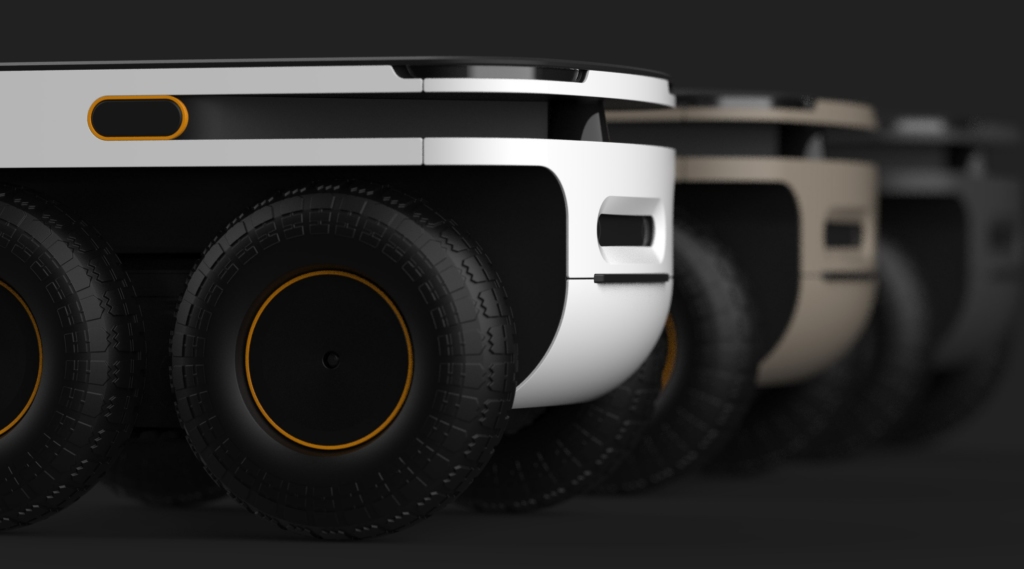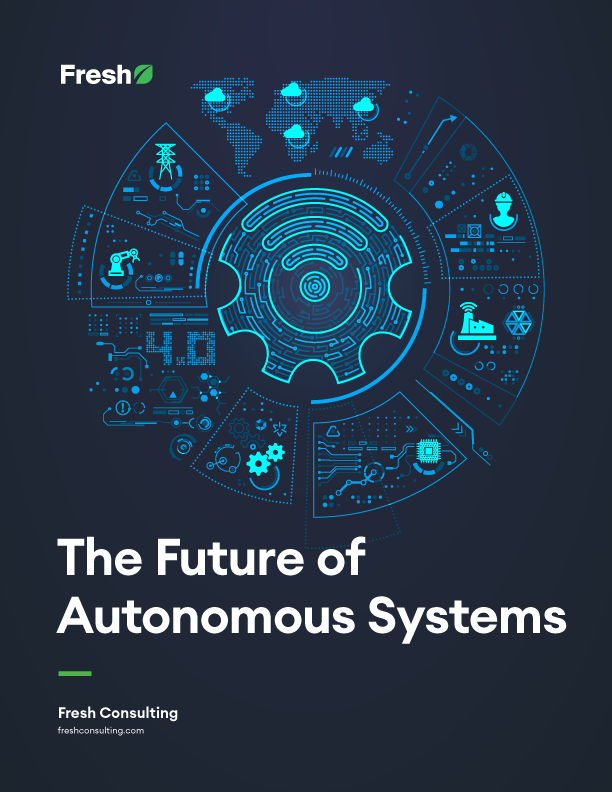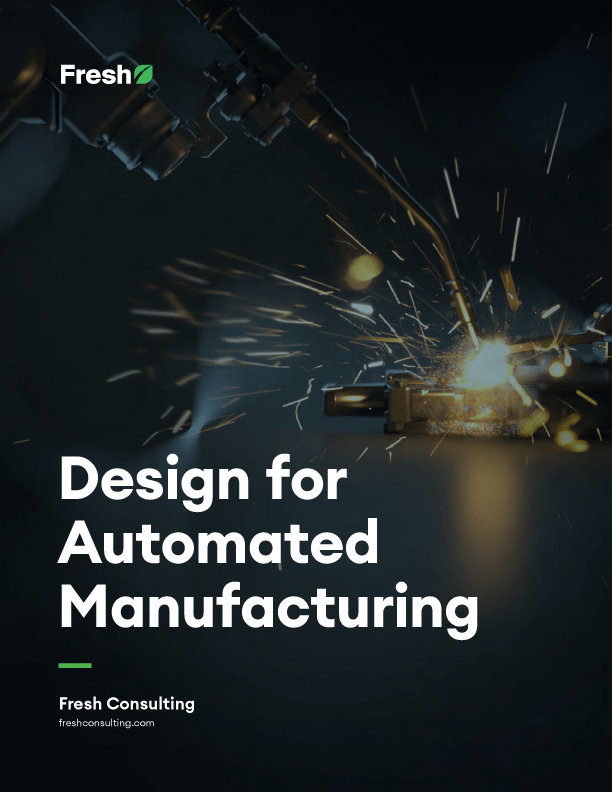Article
Which Industries Will be Most Affected by Robots?
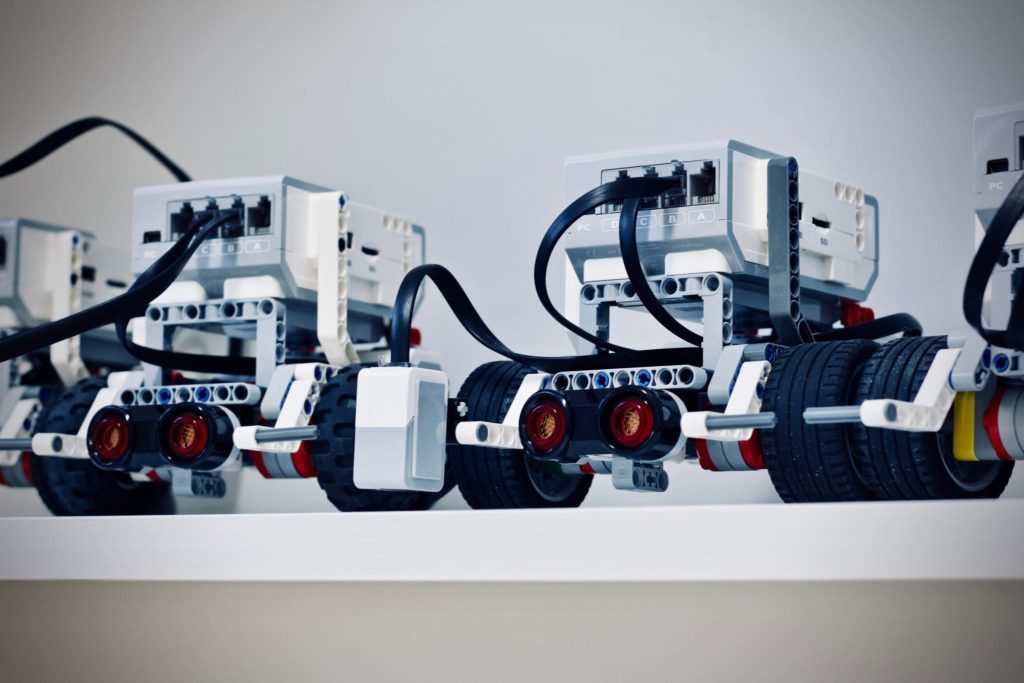
“The first rule of any technology used in a business is that automation applied to an efficient operation will magnify the efficiency. The second is that automation applied to an inefficient operation will magnify the inefficiency.” – Bill Gates
Robots are currently making a splash in many industries. The mounting research into automated machines shows that its surface area will only continue to expand into more aspects of business. The workplace will continue to change as robots are integrated into the following industries and many others.
Manufacturing
Studies by McKinsey Global Institute found that as of 2015, “478 billion of the749 billion working hours (64 percent) spent on manufacturing-related activities globally were automatable with currently demonstrated technology.” Many functions within manufacturing are already in place to be automated.
McKinsey Global also found that 87% percent of the hours spent on activities performed by workers in production occupations are automatable—the most of any manufacturing occupation.
Other research from PwC found that 59% percent of manufacturers surveyed were already using robotic technologies. The future will likely show manufacturers blending robotics with technologies like 3D printing or autonomous vehicles to get the most return.
As the prices on the robots used in these processes drop, it will make it a lot easier for startups to rise and take a chunk of the market share in manufacturing industries. While manufacturing jobs in general have been declining for the last decade, productivity has been climbing in the US. It’s estimated that one US employee is 40% more productive than 20 years ago as a result of investment in automation.
Logistics
This is where robots that take care of repetitive tasks shine. Many forward-thinking companies are involving robots in their daily logistics systems to speed up their processes. One prime example is Amazon. The company operates a fleet of 30,000 robots to help fulfill customer orders.
Another example of a sector where robots are being used for logistics is medicine. The Aethon Tug robot delivers medications from pharmacies to nursing stations throughout 140 hospitals in the country.
The global logistics market is expected to grow to $2.15 billion by 2020. From drone delivery to supply chain automation, robots will continue to impact logistics.
Regarding logistics overall, according to the McKinsey Global Institute, there are multiple benefits automation can bring:
“Automation options should be considered and evaluated using a clear strategy focused on reducing the total cost of operations. We find that companies typically use automation to address a number of opportunities, including increasing throughput and productivity, eliminating variation and improving quality, improving agility and ensuring flexibility, and improving safety and ergonomics.”
Agriculture
Agriculture also involves many repetitive tasks that can be automated. Employing robots to milk cows and plant seeds are some of the possibilities. Driverless tractors could also reduce human labor in transporting necessary materials. Aerial drones may make it easier to irrigate or monitor crops.
Automotive and Transportation
Global e-commerce giant Alibaba is testing a slow-moving unmanned vehicle that can deliver packages from the company’s warehouses directly to customers. Outside of delivery, Sprint is working with Mobi, a self-driving vehicle company, to develop an autonomous vehicle that can drive to other electric vehicles to recharge them.
Scientific Research
Robots will be useful in scientific research because they are durable, less sensitive to hazardous environmental factors than humans or animals, and can be put in strenuous circumstances (or even destroyed) for the sake of research.
Medical
Robots can already complete certain surgical procedures. In 2014, there were 570,000 robot-assisted surgeries performed. As robots’ dexterity increases, they may be tasked with even more complicated surgical work.
Security
Robots’ endurance and strength will be helpful for policing, monitoring, and potentially enforcing the law. Before these applications come fully to fruition, advances in robot senses and judgment will be needed. However, China and many other countries are already using drones to monitor citizens for safety.
Home
The Roomba was an early example of a commercially successful cleaning robot. In the near future, robots could be employed to wash dishes, take out the trash, and even cook meals. For example, Moley is a robotic chef that can cook meals from a library of recipes. It will be made available to consumers in the near future.
Elderly Care
Many nations are facing the problem of a burgeoning elderly population that requires care. In recent years, Japanese automation pioneer AIST developed robotic seal pups called Paro that act as companion pets to the elderly, providing much-needed therapeutic social interaction. They are an early example of robot technology that could improve the lives of the elderly.
Customer Service
Robots can eliminate many rote features of customer service. AI chatbots are being developed to be indistinguishable from humans, whether customers are interacting with them via chat or over the phone. In retail locations, robots could help customers locate or order items.
Space Exploration
There is a tremendous cost involved in sending human astronauts to explore outer space, and robots already help us maintain a more permanent presence in space. They require less maintenance, experience less psychological discomfort, and can explore more hazardous locations than humans. In 2013, the robot Kirobo went to space for 18 months and acted as a companion to humans on the International Space Station.
Wrap Up
As we’ve seen so far, robot coworkers will only continue to grow into our everyday work lives, regardless of industry. Whether they’re assisting the elderly in their homes or exploring deep space, we must learn to evolve with the automated systems we set in motion to maximize our own potential.

